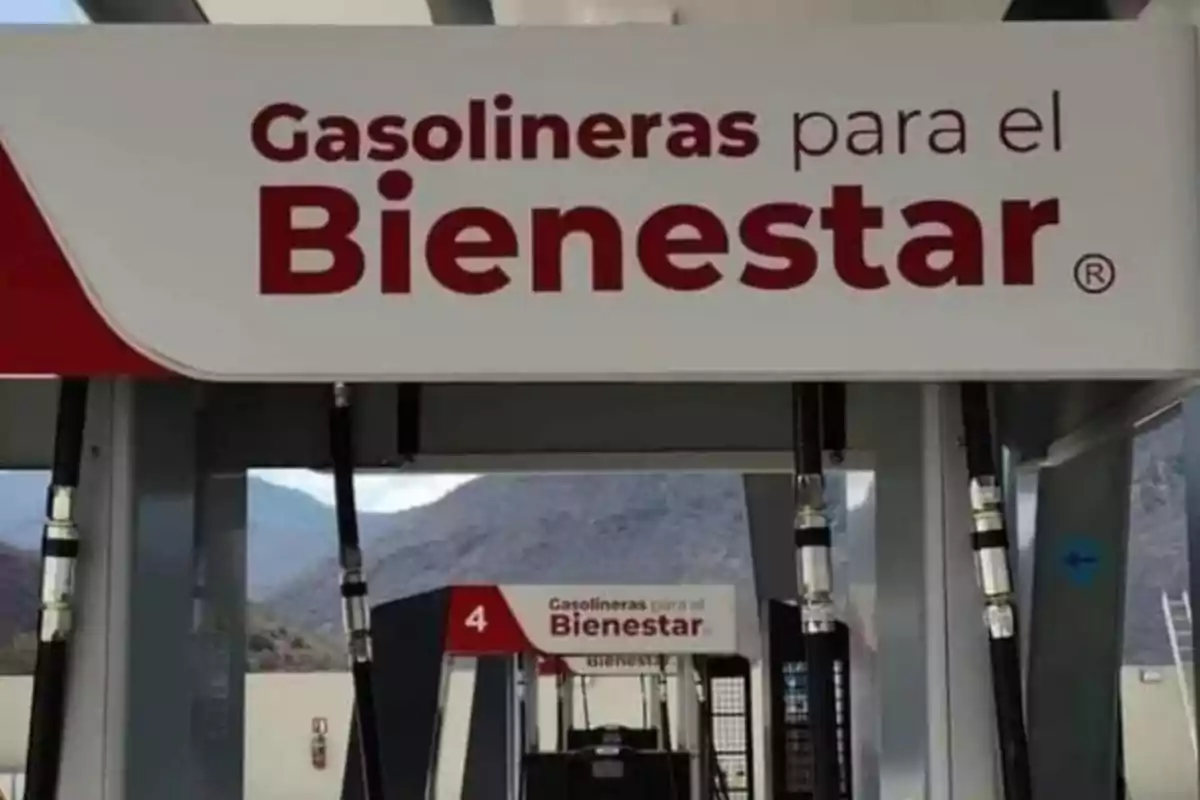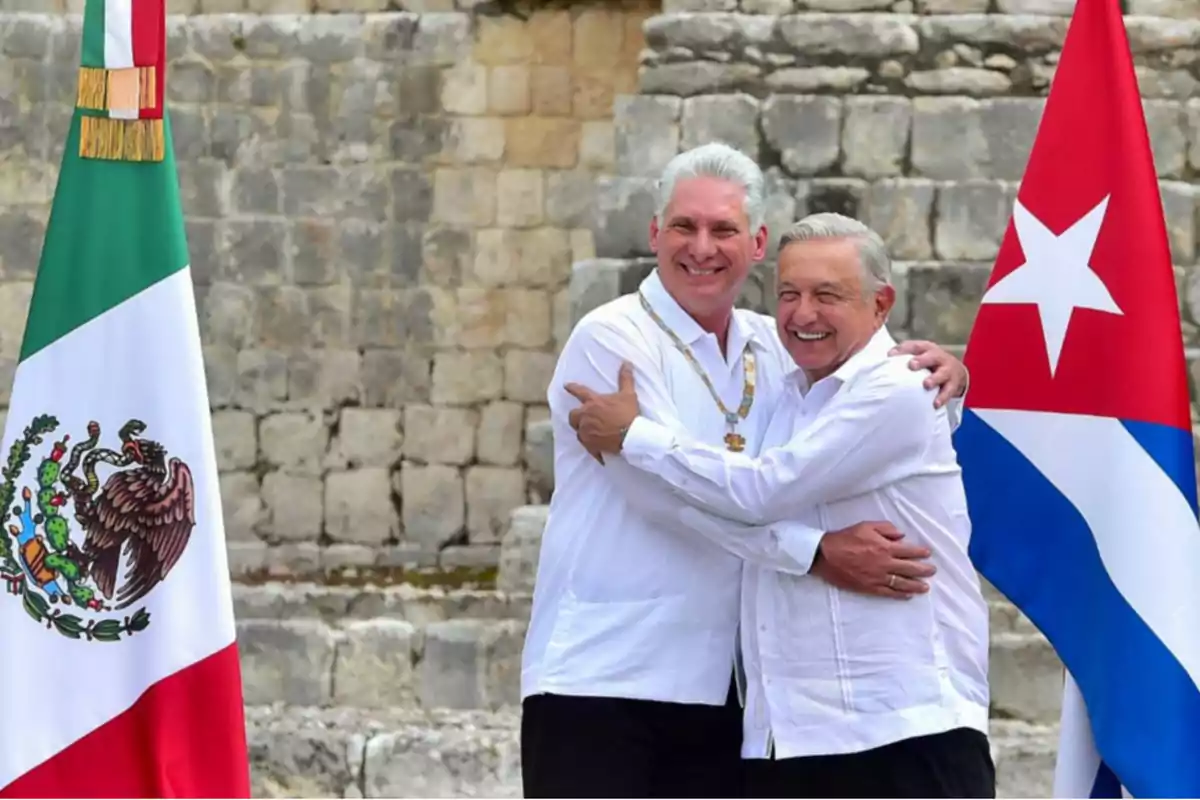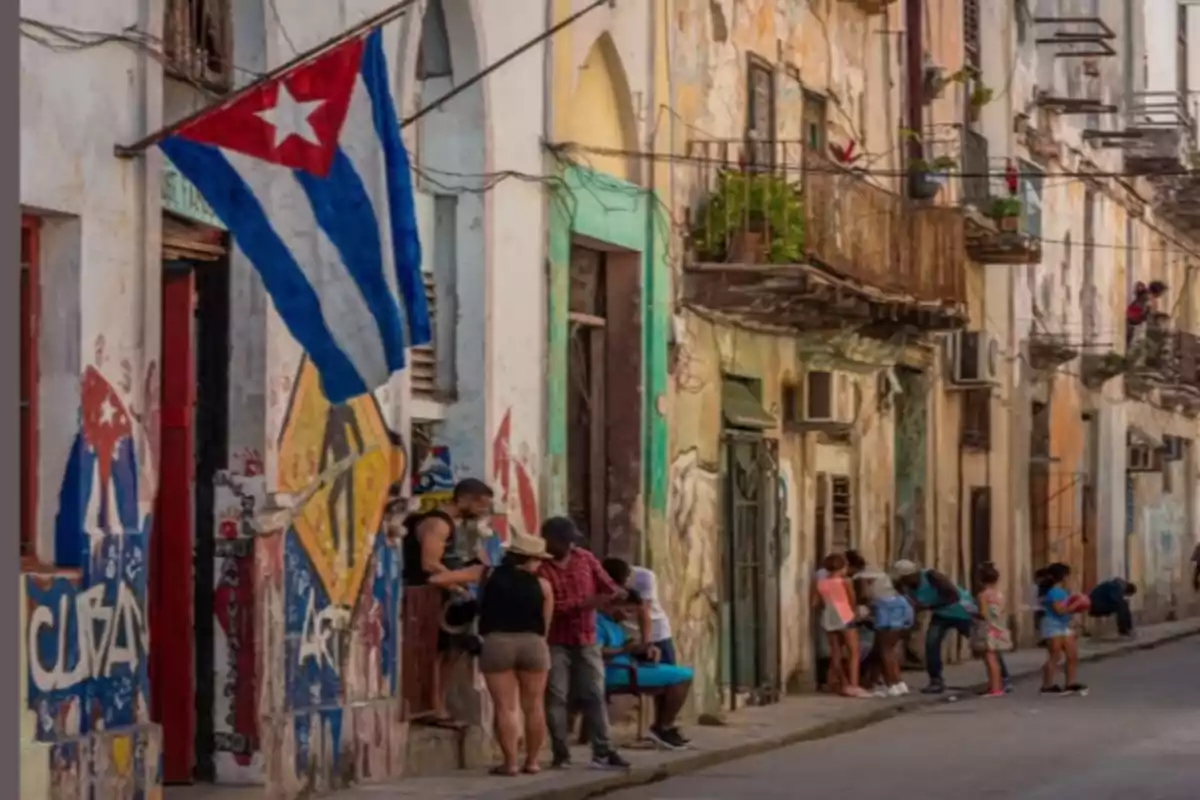
The Cuban dictatorship receives Mexican oil despite United States sanctions
The Morena government may have found a discreet way to send oil to Cuba: the so-called "Gasolineras del Bienestar." This subsidiary company, created in 2023 under the banner of "energy justice," has been used as a front to export crude oil/fuels to the Cuban dictatorship.
During the first months of 2025, Mexico sent an average of 19,600 barrels of crude oil per day to the island and 2,000 barrels of derivatives. These figures represent millions of pesos that don't generate revenue for the country. These shipments may have avoided the use of Pemex Internacional precisely to evade possible United States sanctions for trading with a government declared as dictatorial.
Despite legal warnings, the Morena regime insists on disguising these transfers as "humanitarian" acts. Analysts warn that this isn't about solidarity support, but rather a political use of Mexican oil, paid for with the taxes of millions of citizens.

Pemex, the most indebted oil company in the world, continues to lose resources
Pemex faces a debt exceeding 100 billion dollars, making it the most indebted oil company in the world. In this context, sending oil to a country that doesn't pay or generate financial returns worsens the already critical situation of the state-owned company.
Various media outlets have documented that United Statescanceled credit lines and loans to Mexico after detecting these maneuvers. The most notable case was the withdrawal of 800 million dollars by Ex-Im Bank as a direct consequence of the dealings with Cuba.
Additionally, by operating outside conventional frameworks of international trade, Mexico is exposed to multilateral sanctions that could affect exports, access to financing, and national economic stability.

Morena turns energy policy into an ideological tool
The official justification for these shipments is that Cuba needs help. But there are no public records of contracts, payment terms, or legal backing for the operations. Everything points to a policy managed in the shadows, without transparency, for purely ideological purposes.
Instead of investing in infrastructure, health, or education, Morena seems more interested in financing authoritarian regimes. What began as a "Gasolinera del Bienestar" has ended up being another vehicle for waste and governmental opacity.

More posts: